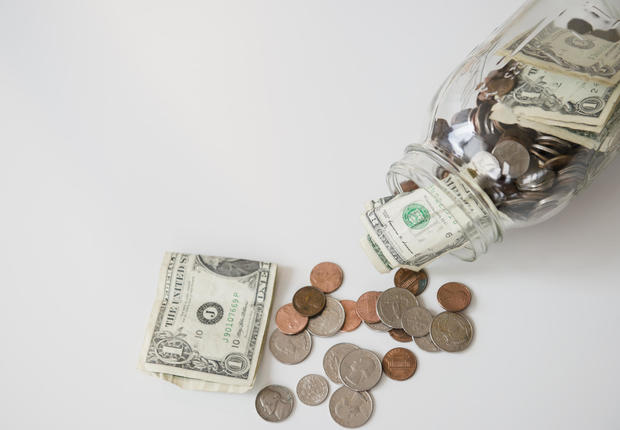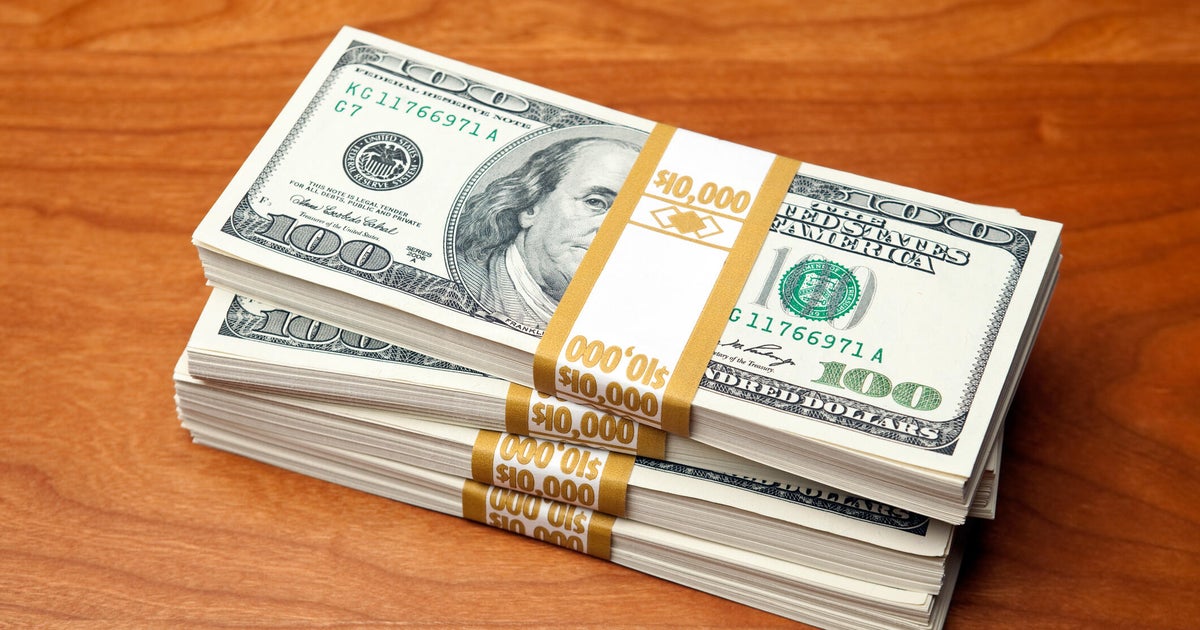Are short-term CDs worth it?
A certificate of deposit (CD) is a savings vehicle that typically offers a better return than traditional savings accounts. However, in exchange for the impressive returns, you'll have to agree to lock your money up for the entire term of the account. If you need access to your money early, you'll usually have to pay a penalty.
CDs come in short-term and long-term varieties. This gives you the ability to lock in today's interest rates for anywhere from a few months to several years. There's obviously value in locking in today's high interest rates for the long term, but are short-term CDs worth it, too?
Open a short-term CD now to earn more on your idle cash.
Are short-term CDs worth it?
"Are short-term CDs worth it? In my opinion they may or may not be," says Michael Arvay, founder and CEO of Marvelous Retirement Planners in Toledo, Ohio. "Let's take a scenario of a person who has funds sitting in a savings account for a near-term vacation. Instead of a savings account, putting those funds in a short-term CD could help earn more interest and make more money."
Though Arvay warns, "if you need access to your money, then locking up your money in a short-term CD could be a horrible idea." After all, if you need your money before the CD term ends, you'll likely have to pay a penalty to access it.
So, what are the benefits of putting your idle cash into a short-term CD? Here are a few perks to consider:
Impressive returns
CDs, even short-term varieties of these savings vehicles, are currently offering impressive interest rates. Some of the best six-month CDs are paying 5.55% APYs. Here's how much money you could make at 5.55% after six months with different deposit amounts:
- $5,000: $136.88 (for a total of $5,136.88 after six months)
- $15,000: $410.63 (for a total of $15,410.63 after six months)
- $25,000: $684.38 (for a total of $25,684.38 after six months)
Lock in impressive short-term returns with a CD today.
A better chance of reaching your savings goals
Do you plan on taking a vacation, buying a new car or putting a down payment on a house soon? A CD can help you achieve your short-term savings goals. For example, say you plan on taking a vacation in six months or so. You could open a six-month CD now and deposit all the money you've saved so far for your vacation.
When you do, you'll effectively be locking up the money you've saved until you need it. That means there's a minimal possibility that you'll spend the money you've saved for your vacation before it's time to depart for your trip.
A safe way to store your idle cash
CDs aren't just deposit accounts that offer impressive returns, they're also a safe place to store your money. That's because the vast majority of CDs are FDIC or NCUA insured for up to $250,000. So, as long as you deposit $250,000 or less into your CD, your money is safe even if the bank goes out of business.
There is a caveat here. It's important that you open your account with a reputable financial institution that offers FDIC or NCUA insurance. Otherwise, you could be accepting a significant risk.
Compare your CD options
When you decide to open a short-term CD, it's important to remember that financial institutions operate independently. That means they are free to set the rates they'd like to pay on deposit accounts. In fact, interest rates are one of the primary ways financial institutions compete with each other.
So, it's important that you compare your options. In doing so, you can be sure that you'll open an account with a highly competitive interest rate - making your money work harder for you.
Compare your short-term CD options.
The bottom line
Short-term CDs are generally worth opening. The current interest rate environment is highly conducive to saving money following the Federal Reserve's decision to increase interest rates 11 times over the past two years. A short-term CD gives you the opportunity to lock in today's high interest rates as you save to achieve your short-term goals.




